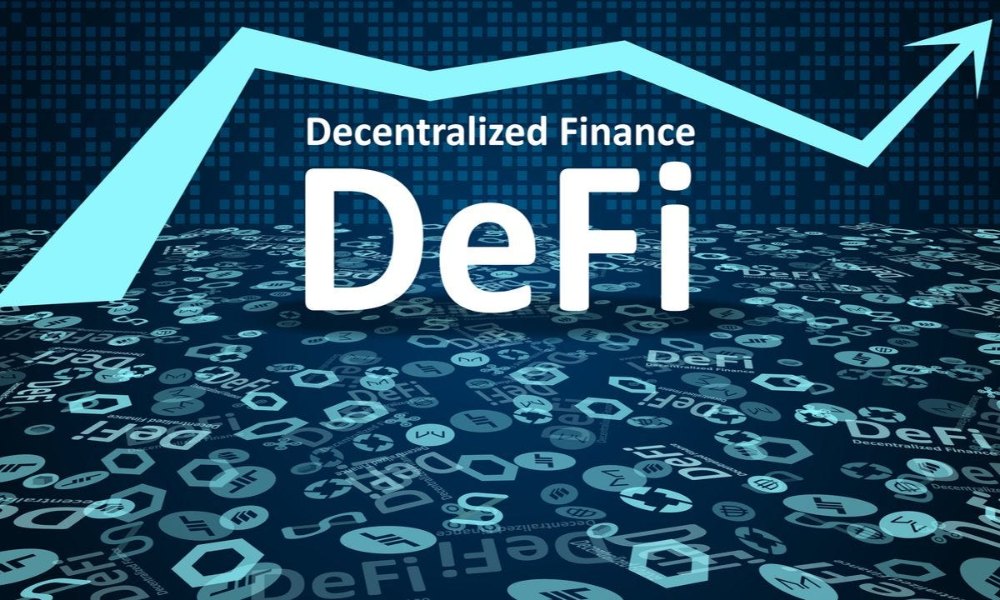Determining the tax implications of DeFi activities is a complex endeavour. For instance, activities like yield farming, liquidity providing, and staking generate various forms of income, such as interest, capital gains, and transaction fees. However, classifying these income streams and determining their tax treatment can be daunting, especially when dealing with novel DeFi protocols and instruments.
Regulatory challenges- striking a balance
Apart from taxation, DeFi also faces significant regulatory hurdles. While decentralization and disintermediation are core principles of DeFi, regulators are grappling with how to oversee and regulate this rapidly evolving sector.
The primary concern for regulators is the potential for DeFi platforms and protocols to be exploited for illegal activities, such as money laundering, terrorist financing, and sanctions evasion. The anonymity and pseudonymity inherent in blockchain technology make identifying and tracking illicit activities challenging, rising concerns about the potential risks to financial stability and consumer protection.
Addressing the complexities- Potential solutions
To address the complexities surrounding DeFi taxes and regulations, a multi-faceted approach involving collaboration between industry stakeholders, tax authorities, and regulators is necessary.
- Collaborative efforts and industry guidance
Best Cryptocurrency to Invest DeFi industry should take a proactive stance in developing best practices and guidelines for tax reporting and regulatory compliance. Industry associations and working groups collaborate with tax professionals, legal experts, and regulatory bodies to establish standardized taxation and regulatory oversight approaches. One potential solution could be creating a self-regulatory organization (SRO) within the DeFi ecosystem. An SRO could establish industry standards, promote best practices, and liaise between DeFi projects and regulatory authorities, facilitating communication and cooperation.
- Regulatory sandboxes and innovation hubs
Regulatory sandboxes and innovation hubs are a controlled environment for DeFi projects to test and iterate their products and services while collaborating with regulators. These initiatives help regulators better understand the DeFi ecosystem, identify potential risks, and develop appropriate regulatory frameworks. By fostering open dialogue and collaboration between DeFi innovators and regulators, regulatory sandboxes and innovation hubs pave the way for sensible and innovation-friendly regulations that balance consumer protection with the need for innovation.
- Tax guidance and reporting frameworks
Tax authorities should prioritize issuing clear guidance and frameworks for the taxation of DeFi activities. This could involve establishing specific tax treatment for various DeFi income streams, such as yield farming, liquidity providing, and staking rewards.
Additionally, tax authorities could explore the development of dedicated reporting frameworks and tools for DeFi transactions. This could involve collaborating with blockchain analytics firms and DeFi projects to facilitate accurate and efficient tax reporting while respecting privacy and data protection concerns.
- International cooperation and harmonization
Given the global nature of DeFi, international cooperation and harmonization of tax and regulatory frameworks are crucial. Tax authorities and regulatory bodies should collaborate to establish consistent standards and guidelines, minimizing regulatory arbitrage and jurisdictional conflicts. Initiatives such as the Organisation for Economic Cooperation and Development (OECD)’s Crypto-Asset Reporting Framework (CARF) and the Financial Action Task Force (FATF)’s guidelines on virtual assets could serve as starting points for international cooperation and harmonization.
- Embracing technological solutions
We are leveraging technological solutions to address the complexities of DeFi taxation and regulation. Blockchain analytics tools, smart contract auditing, decentralized identity solutions transparency, traceability, and compliance within the DeFi ecosystem. For instance, integrating tax reporting and compliance mechanisms directly into DeFi protocols and platforms could streamline tax reporting and ensure accurate and timely reporting of DeFi activities.




